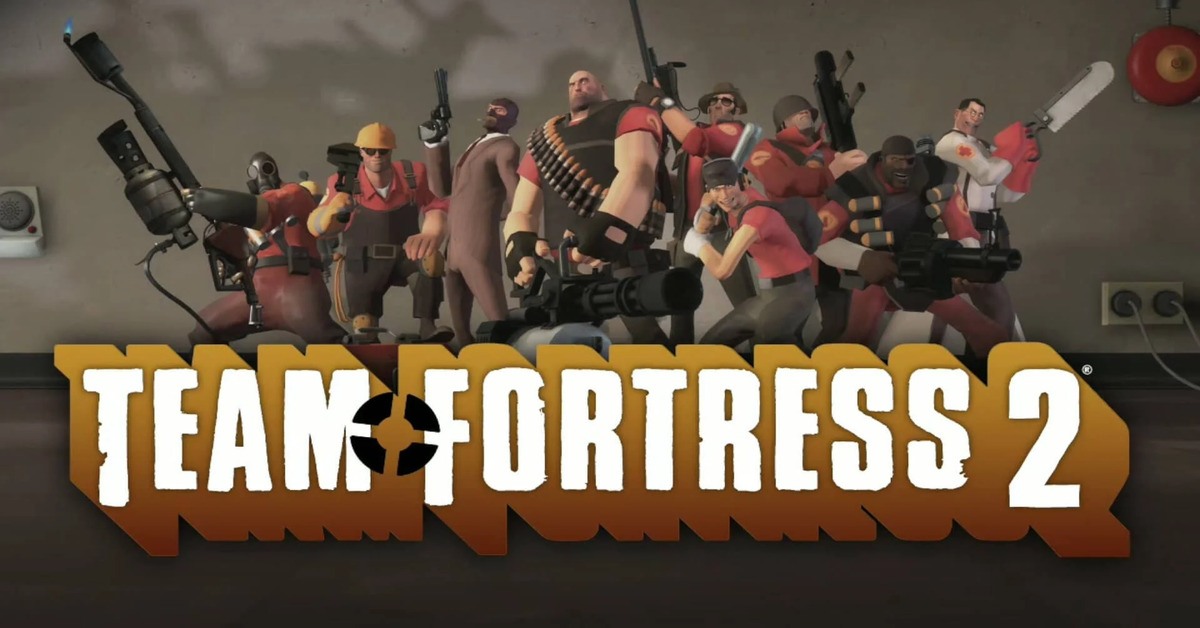
Valve released Team Fortress 2's source code
Anyone who knows me is well aware that Team Fortress 2 has always held a special place in my heart. It’s not only a masterpiece of character design, but also an excellent example of how to create accessible, fun gameplay without sacrificing depth for those who want to master its mechanics.
You can imagine my excitement when, a few days ago, I received a notification from the Fortress Zombie Discord: Valve updated the Source SDK repository, making all the TF2 client and server code available. Moreover, in their blog, they announced that they would be updating the rest of the multiplayer titles based on the Source engine, introducing native support for 64-bit binaries, scalable HUD/UI, and various bug fixes.
This announcement led me to reflect on the current state of the video game industry. I’ve always believed that it’s the quality of the product that brings profit, yet many companies see things the other way around, prioritizing revenue first and making decisions accordingly. The first example that comes to mind is Apex Legends, which experienced a rapid decline due to decisions made by EA. After acquiring Respawn Entertainment in 2017, EA continued to stifle the development team’s vision, as they themselves have stated multiple times.
And yet, Respawn has already proven they can make exceptional games: just think of Titanfall 2 (also TF2), a title that, even today, is considered by me and many others to be one of the best FPS games ever made.
How could other companies follow Valve’s example?
There isn’t a single answer, but there are some fundamental principles that software houses could and should adopt:
-
Meaningful updates: A game lives through its community. As long as players have fun, they’ll be motivated to invest time (and money). Updates should improve the gaming experience, not worsen it with decisions that limit enjoyment.
-
Active community involvement: Without players, a game cannot exist. Their opinions should carry weight in development choices (always applying common sense).
-
Don’t shut down servers without reason: If a game is no longer as profitable as it once was, that doesn’t mean it should be abandoned. Many titles could be kept online at relatively low cost or, alternatively, entrusted to the community’s management, letting the players themselves determine the game’s natural end.
-
Avoid predatory monetization practices: Microtransactions and loot boxes should be implemented ethically, without P2W mechanics or psychological strategies pushing players to spend compulsively.
-
Support modding and community creativity: Official mod tools and support for user-created content can greatly extend a game’s lifespan and strengthen the relationship between developers and players. Team Fortress itself was born from a community mod!
-
Only release games when they’re ready: Publishing an incomplete or buggy title harms the studio’s reputation and undermines players’ trust. Valve is famous for its “it’ll release when it’s ready” approach, preferring to delay a launch rather than compromise on quality.
-
I have high hopes for the future: the recent difficulties faced by companies like Ubisoft could be the sign of a necessary revolution in the gaming industry. Perhaps it’s time for those who fund projects to once again trust developers who truly understand what it means to create games loved by players, rather than mere products to squeeze every last cent from.
P.S. The only thing they shouldn’t learn from Valve is their inability to count beyond 2.